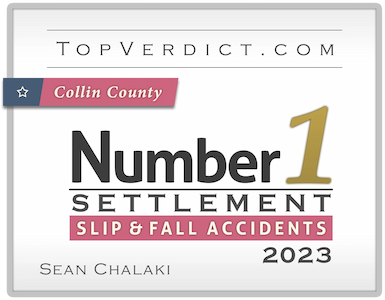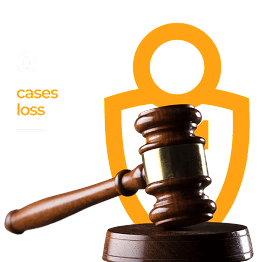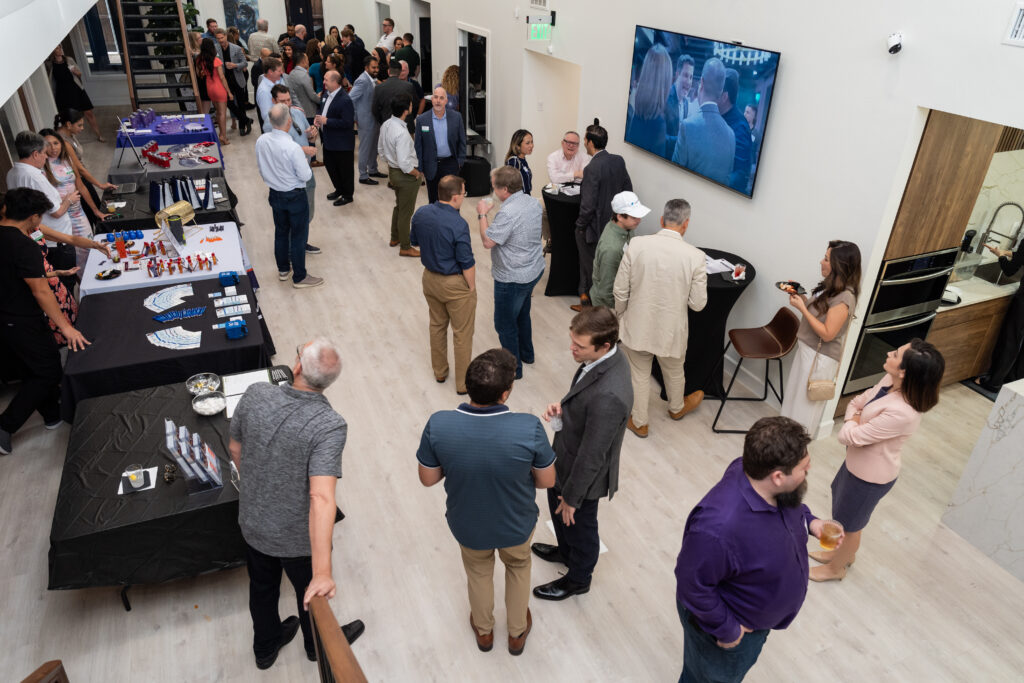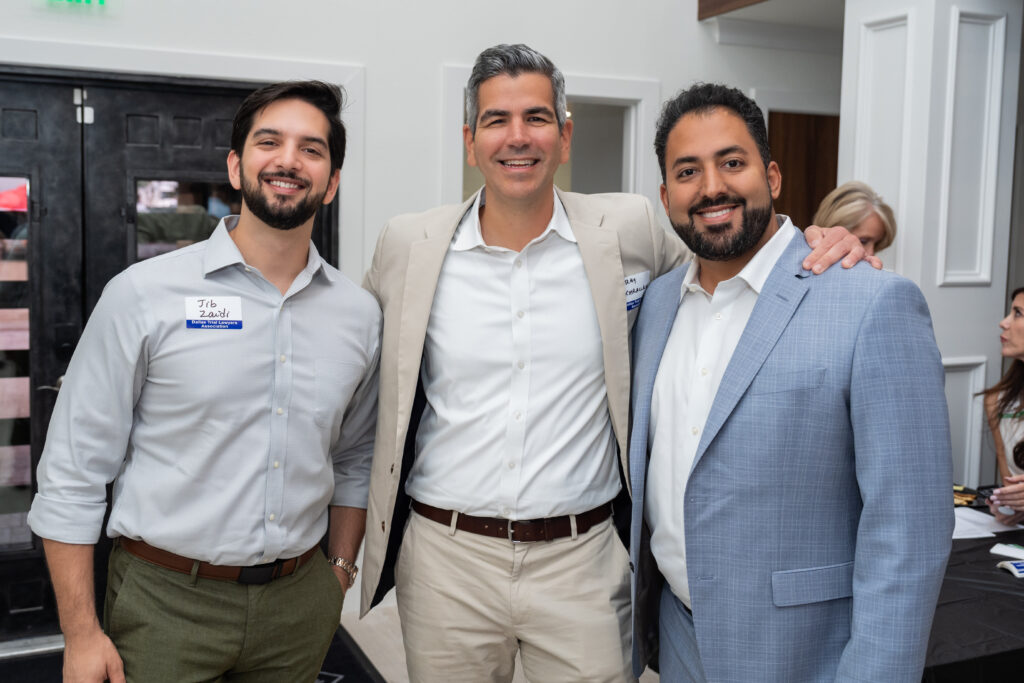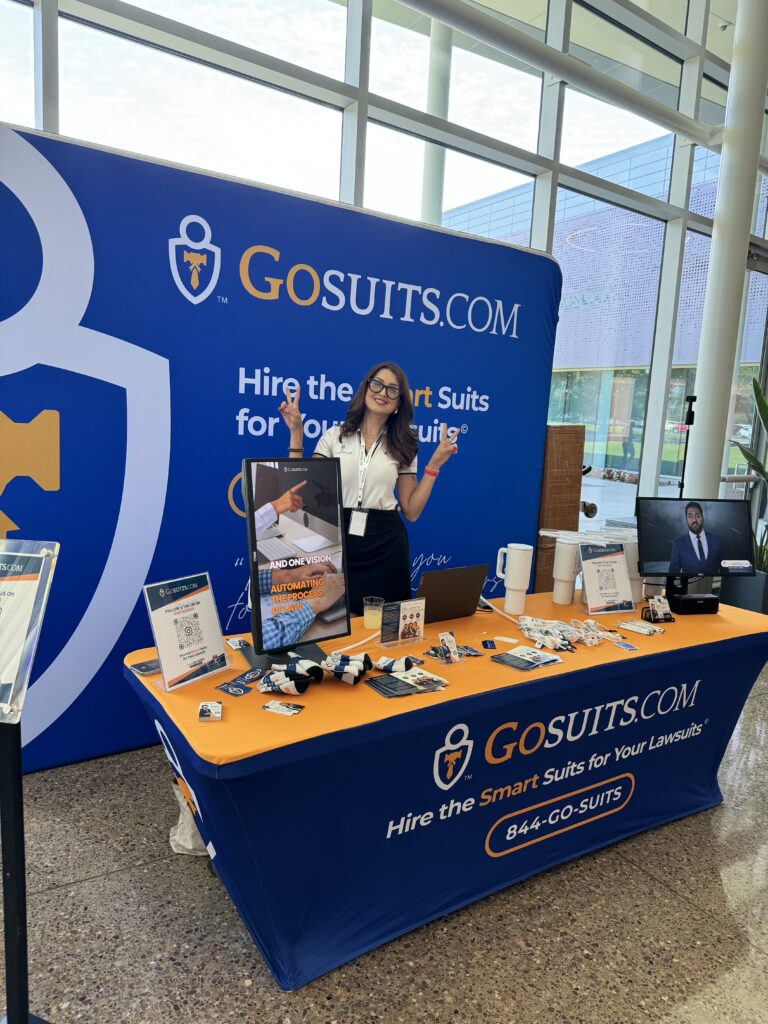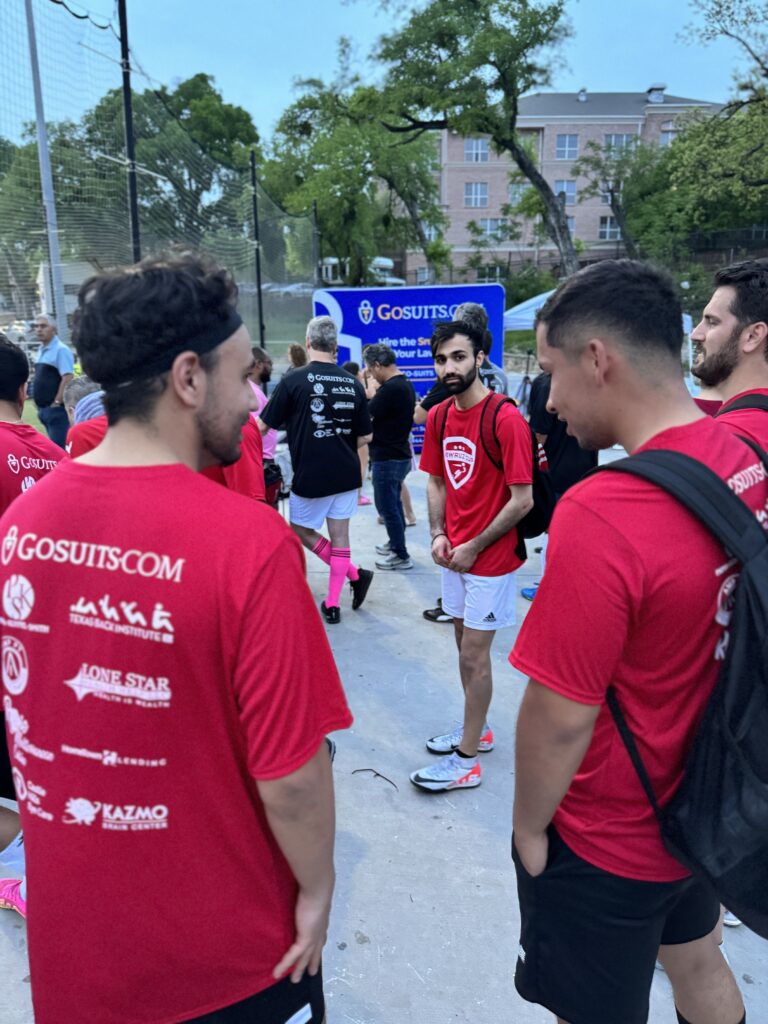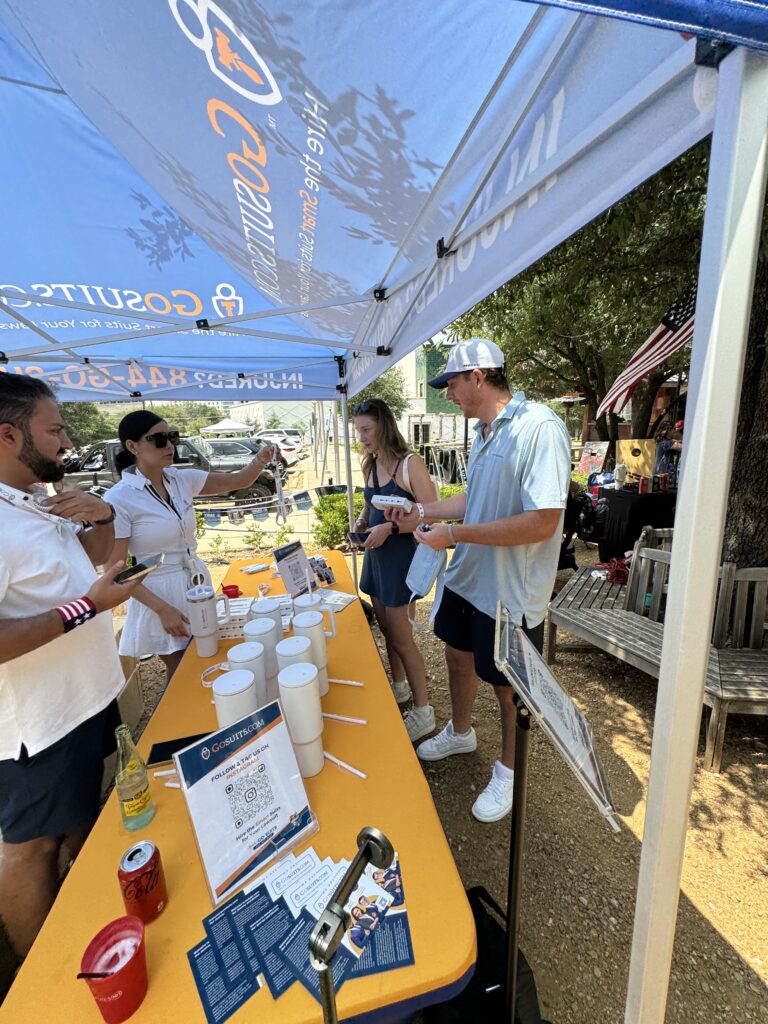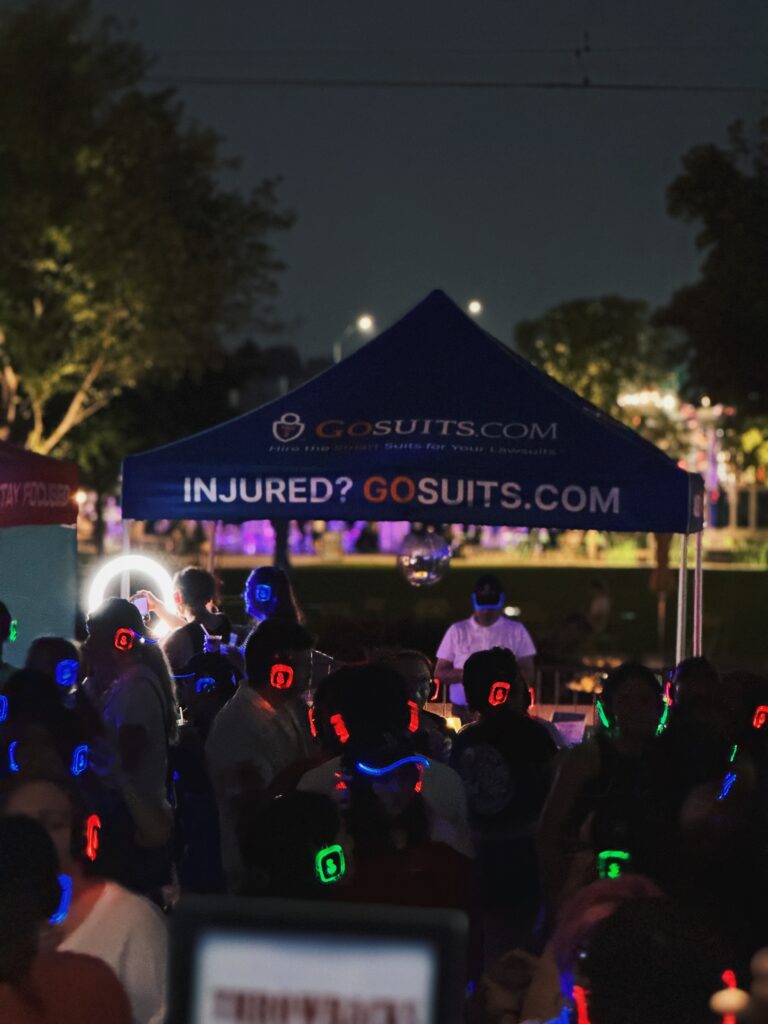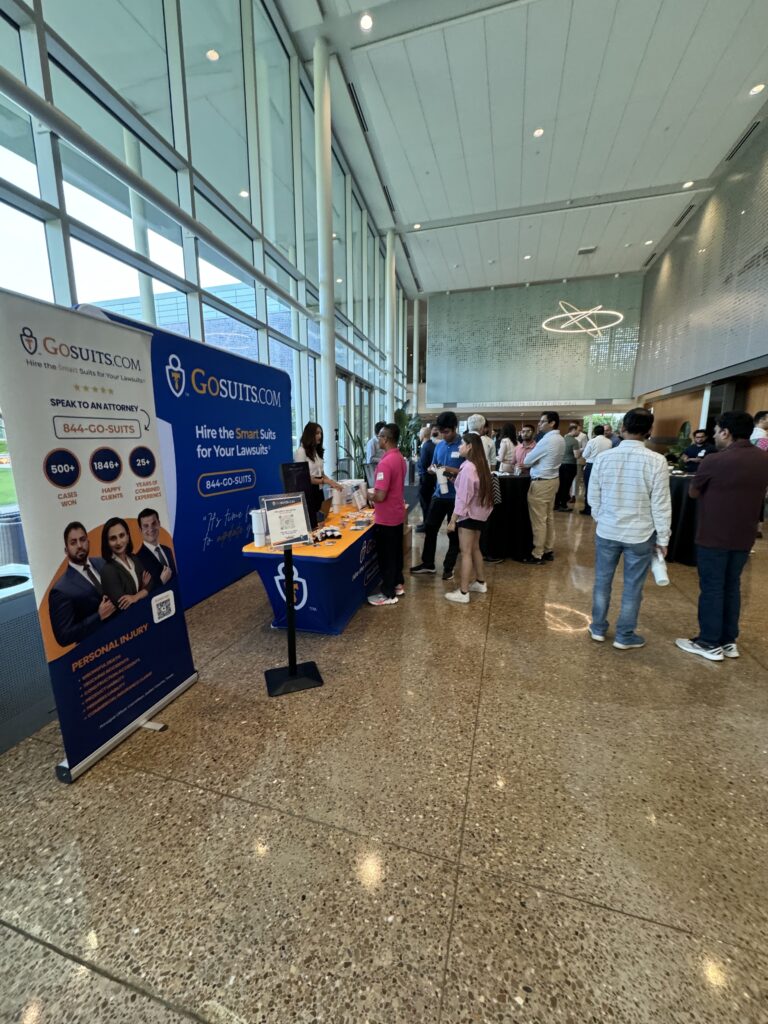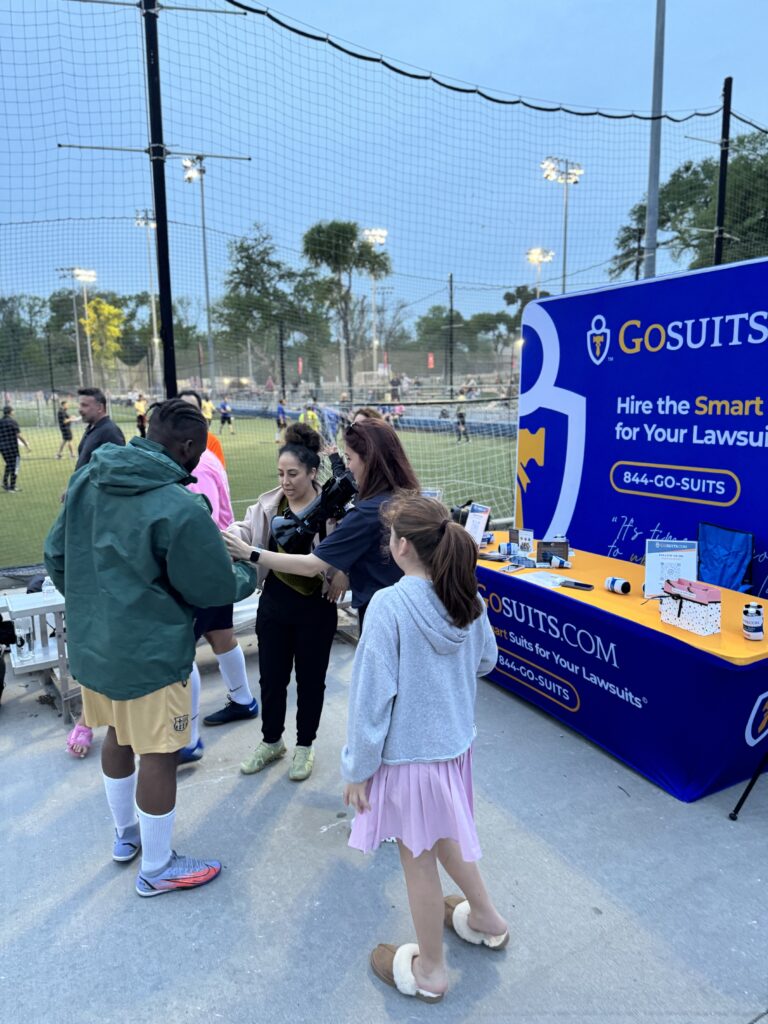Texas Work Injury Lawyers: Your Advocates for Workplace Justice
In Texas, a wide range of injuries can qualify as “work-related.” A work injury generally includes any physical or psychological harm sustained while performing work duties or fulfilling tasks related to employment. Typical injuries involve accidents such as falls, repetitive strain, machinery accidents, or exposure to hazardous substances. In more severe cases, toxic exposure, burns, and head trauma may also fall within the range of injuries handled by a work injury attorney in Texas. Texas law stipulates that workplace injuries can vary widely, and the laws surrounding workers’ rights are tailored to address the specific needs and protections of the workforce. This context matters deeply when determining the compensation you may be entitled to.
An essential detail to note is that Texas allows certain employers to opt out of traditional workers’ compensation systems, meaning they are “non-subscribers.” For injured workers, this opt-out option brings different rights and limitations than traditional systems, often affecting how injury cases are handled. As work injury attorneys in Texas, we understand the implications of these differences and are prepared to advocate for you against private non-subscriber systems, depending on your employer’s structure.
Understanding Your Rights as an Injured Worker in Texas
Under Texas law, injured workers have specific rights designed to protect their welfare. You are entitled to a safe work environment and, in the event of a serious injury or wrongful death, to fair treatment in receiving compensation for medical care, lost wages, and any necessary rehabilitation. Texas is unique in allowing employers to opt out of workers’ compensation insurance; if your employer has chosen this route, they are called a “non-subscriber.” In cases involving non-subscribers, injured workers are often able to pursue legal action directly against their employers, with more freedom to pursue damages that traditional workers’ compensation may not provide. These non-subscriber cases are complex and often require guidance from a work injury lawyer in Texas who is knowledgeable in such claims.
Non-Subscriber vs. Third-Party Claims
For non-subscriber cases, legal recourse often includes compensation for pain and suffering, full lost wages, and future medical expenses. However, if an injury results from negligence by a third party—such as a contractor, vendor, or equipment manufacturer—you may be eligible to pursue a third-party claim as well. Third-party claims often permit a broader range of damages, making legal guidance critical to maximize your compensation.
Steps to Take After a Work Injury
If you experience a work injury, taking specific steps immediately can help protect your rights.
- Promptly reporting the injury to your employer is essential, as is seeking medical care. Medical documentation forms the backbone of any work injury claim, providing an objective record of the injury, its severity, and its impact on your ability to work.
- While your employer may refer you to an approved medical provider, you may be entitled to seek a second opinion, particularly in cases where the injury is severe or recovery is uncertain.
- Legal representation from a Texas work injury attorney can further protect your rights. A lawyer helps facilitate communication with your employer, handles insurance complexities, and takes legal action when needed.
Common Challenges in Texas Work Injury Cases
Non-subscriber cases in Texas can present unique challenges. Unlike traditional workers’ compensation claims, these cases allow for direct lawsuits against employers, which can be challenging for individuals to navigate. The presence of third-party claims further complicates matters, as multiple parties may be held accountable for the same incident. Additionally, insurance companies may sometimes attempt to minimize payout by disputing the extent of the injury or by insisting on a particular medical provider.
Legal guidance from work injury attorneys in Texas ensures that each of these challenges is managed with attention to detail. From substantiating claims with medical records to countering insurance denials, we work on your behalf to address obstacles and provide the necessary support as you recover from your injury.
Compensation in Work Injury Cases
Compensation for work injuries in Texas varies depending on the circumstances of each case. Non-subscriber cases often allow for compensation beyond what traditional workers’ compensation would cover. In non-subscriber and third-party claims, the compensation possibilities can expand significantly. With a third-party claim, the injured worker may be eligible to receive compensation for pain and suffering, the full extent of lost wages, and any necessary future medical care.
Partner with Award-Winning Attorneys Committed to Your Case
When you work with our team at Gosuits, you’re not just another case number. Unlike larger firms, we believe in delivering personalized, client-centered service, ensuring that each client has direct access to an attorney from day one. We pride ourselves on our proactive approach, leveraging both human proficiency and innovative technologies, including proprietary software that streamlines case management for efficient outcomes. This allows us to focus on what matters most: working for your best possible results. Our attorneys are recognized within the legal field and have received notable awards for their performance in work injury law.
Client satisfaction is at the heart of our mission, as evidenced by the numerous positive reviews and testimonials on our Google Business Page. With our “no win, no fee” policy, you can feel confident that we’re dedicated to your case’s success from start to finish. You’ll never pay out of pocket for our time or resources, and we handle all litigation costs until we achieve an outcome on your behalf.




